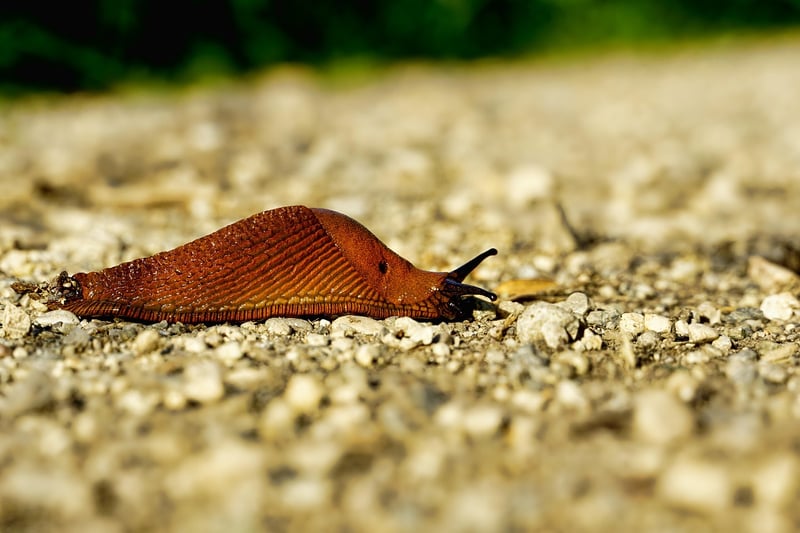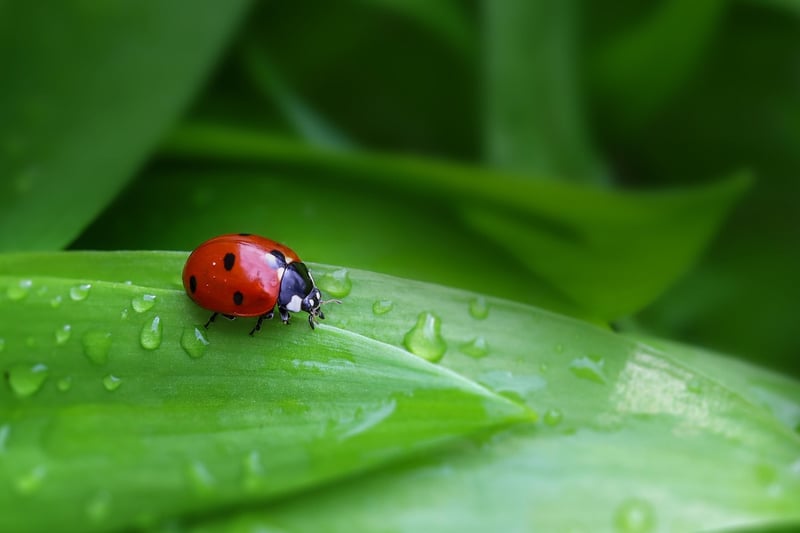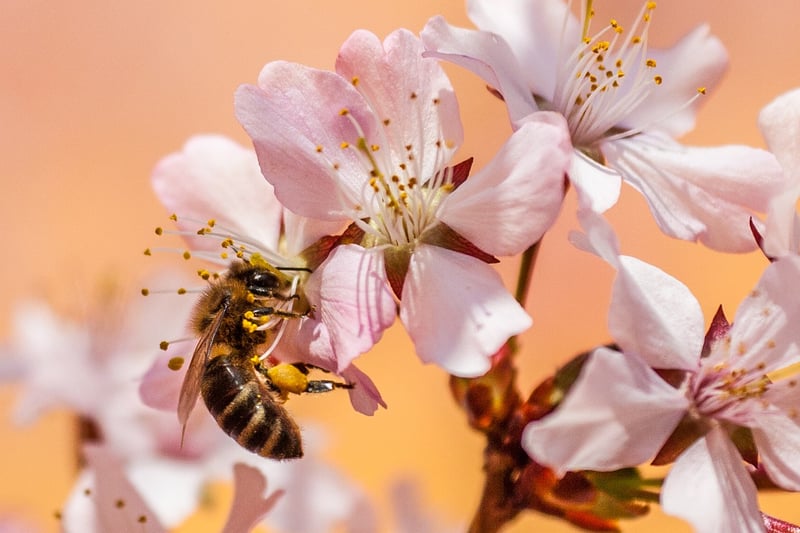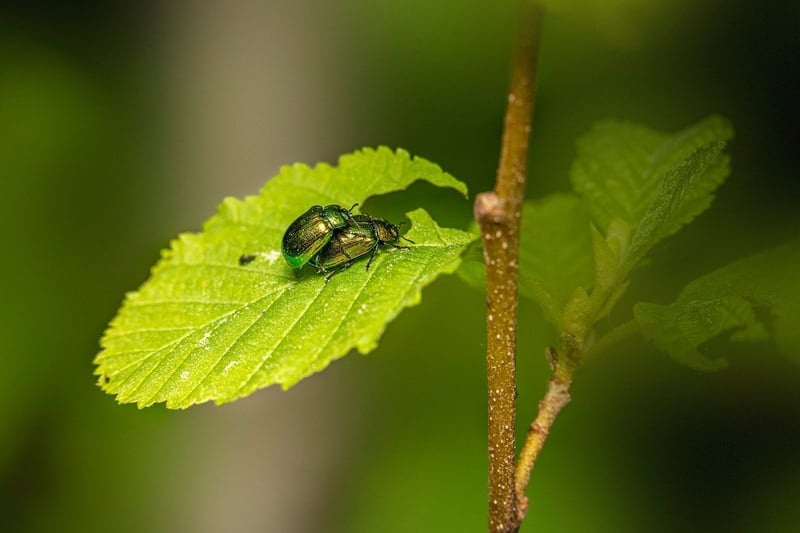Pest Control Strategies
Keep Your Garden Flourishing: Pest Control Strategies
Welcome to our guide on maintaining a healthy garden by effectively managing pests. A flourishing garden not only enhances the beauty of your outdoor space but also provides a sanctuary for beneficial insects and wildlife. By implementing these pest control strategies, you can protect your plants and promote a thriving ecosystem in your garden.
1. Identify Common Garden Pests
Before implementing pest control measures, it's essential to identify common garden pests that may be damaging your plants. Some frequent garden pests include aphids, slugs, snails, caterpillars, and beetles. By recognizing these pests, you can choose the most suitable control methods.
2. Implement Cultural Controls
Cultural controls involve practices that reduce pest populations naturally. These methods include crop rotation, planting pest-resistant varieties, maintaining soil health, and proper spacing between plants. By promoting a healthy garden environment, you can prevent pest infestations.
3. Use Natural Predators
Encouraging natural predators such as ladybugs, lacewings, and birds in your garden can help control pest populations. These beneficial insects and animals feed on common garden pests, acting as a natural form of pest control. Avoid using broad-spectrum pesticides that can harm beneficial organisms.
4. Try Organic Pest Control Methods
Organic pest control methods utilize natural substances to deter or eliminate pests. Examples include neem oil, insecticidal soap, diatomaceous earth, and garlic spray. These eco-friendly options are safe for plants, pets, and beneficial insects while effectively managing garden pests.
5. Regular Monitoring and Maintenance
Regularly inspect your plants for signs of pest damage, such as holes in leaves, chewed stems, or wilting foliage. Early detection allows for prompt action to prevent pest infestations from spreading. Remove any affected plant parts and maintain good garden hygiene to reduce pest habitats.
6. Utilize Physical Barriers
Physical barriers like row covers, netting, and barriers around individual plants can prevent pests from reaching your crops. These barriers are especially effective against flying insects and can be used to protect vulnerable plants during peak pest seasons.
Conclusion
By incorporating these pest control strategies into your gardening routine, you can maintain a thriving garden without resorting to harmful chemicals. Creating a balanced ecosystem where beneficial insects thrive will naturally keep pest populations in check, ensuring your garden remains healthy and productive.
Remember, a healthy garden is a happy garden!



